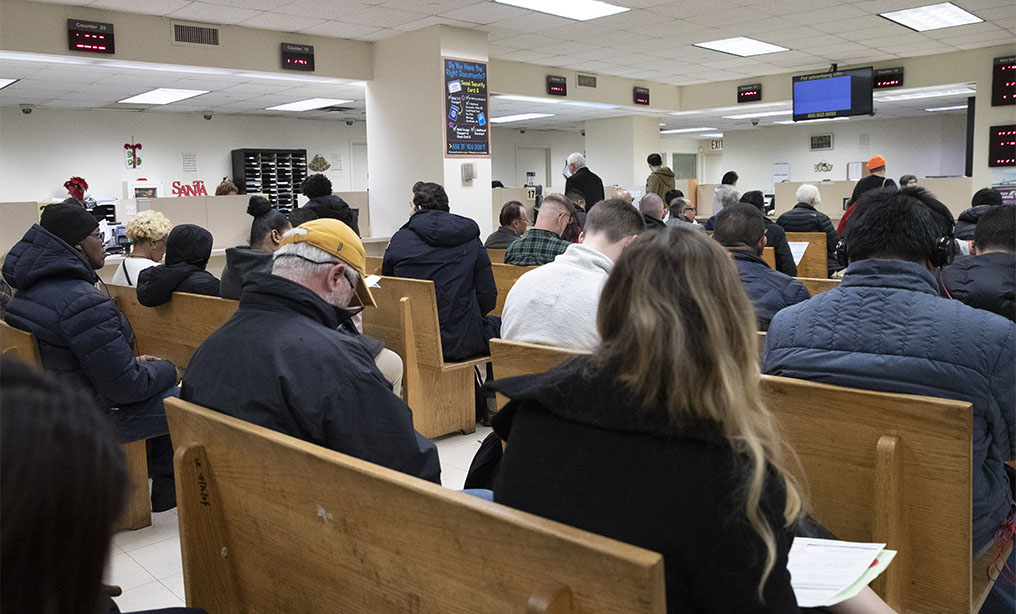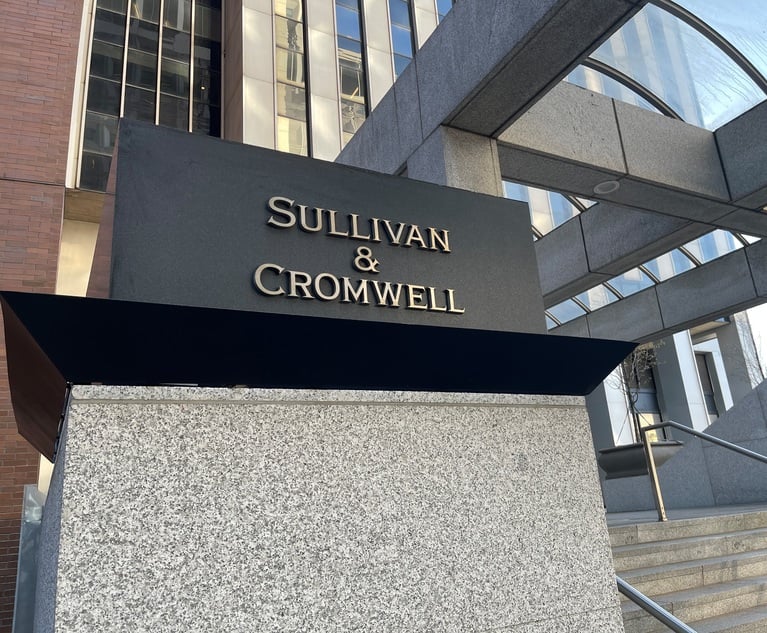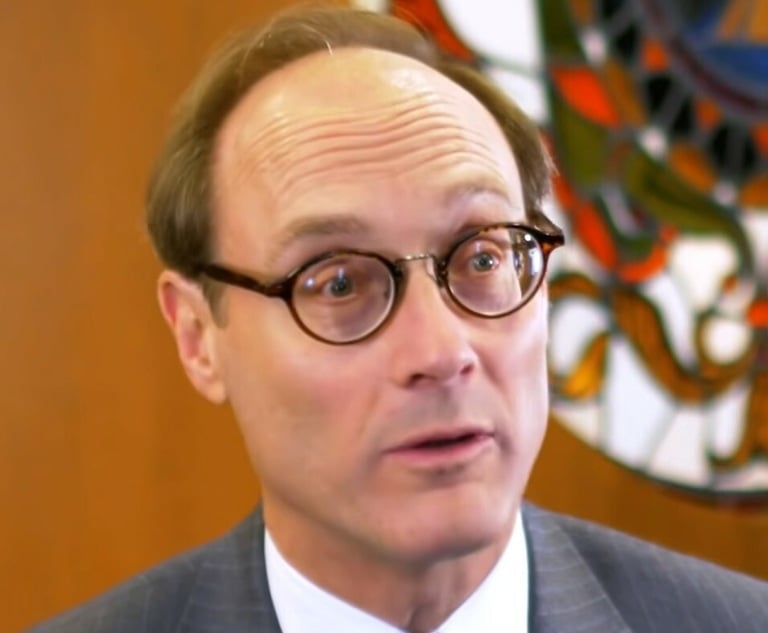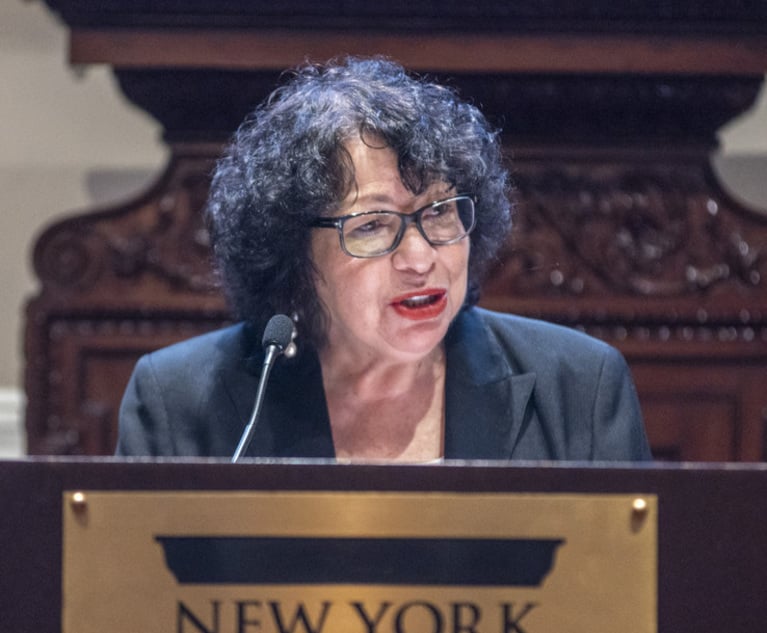Undocumented immigrants in New York on Monday gained the right to seek driver’s licenses from their local county clerks, but one such official in the Albany area is asking a federal judge to reconsider his legal challenge opposing the law.
Rensselaer County Clerk Frank Merola, whose lawsuit against the measure was dismissed Friday, asked a federal judge in a new court filing Monday to take a second look.


 People wait to be served in a Department of Motor Vehicles office in New York on Monday, Dec. 16. Photo/Mark Lennihan/AP
People wait to be served in a Department of Motor Vehicles office in New York on Monday, Dec. 16. Photo/Mark Lennihan/AP





